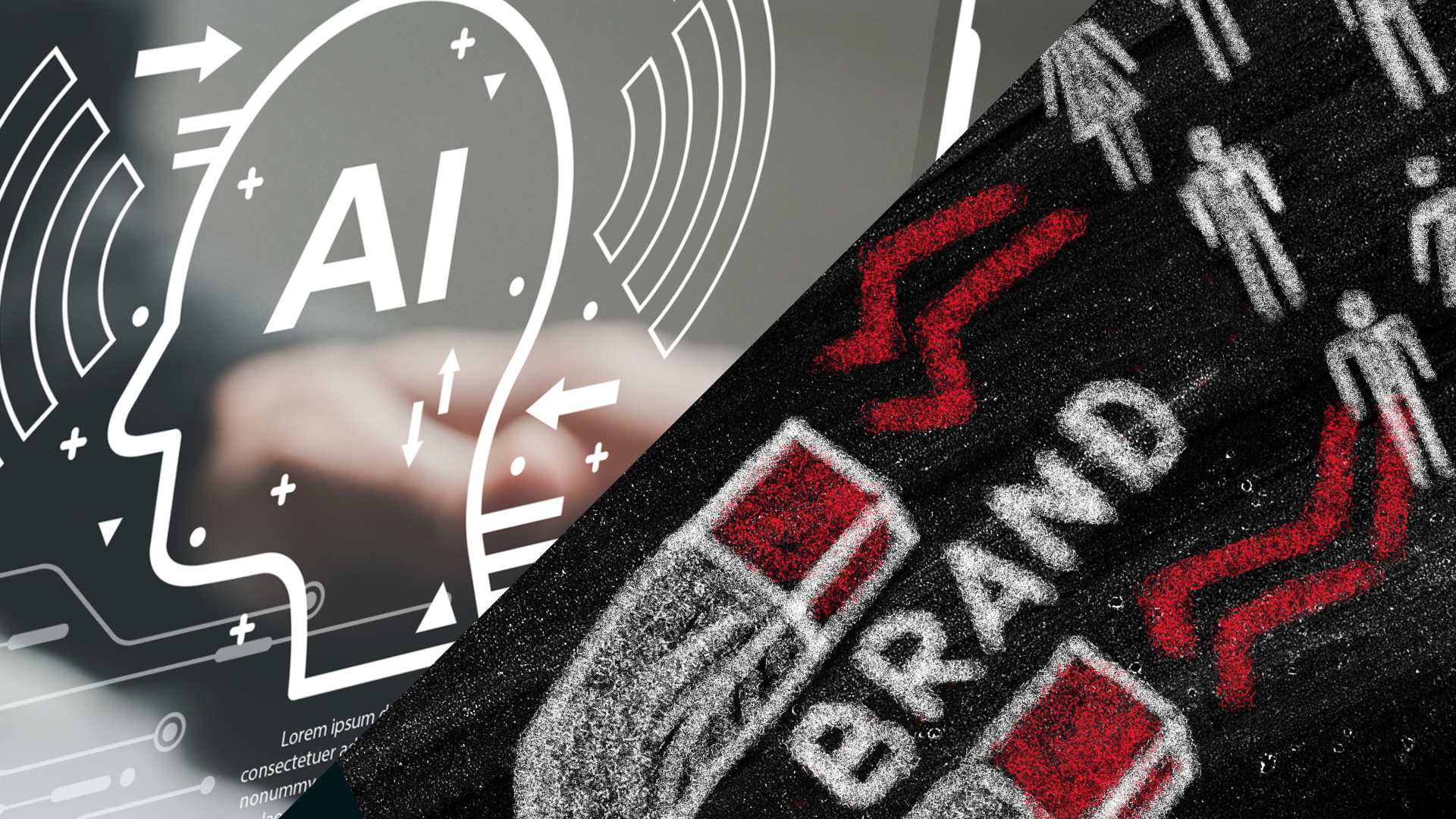The rise of artificial intelligence (AI) content creation, thanks to the likes of OpenAI's ChatGPT-4, has not been without controversy.
Universal Music Group (UMG) is the latest to express concerns, according to a Financial Times report published on April 13. UMG has asked streaming services, such as Spotify and Apple Music, to prevent AI services from harvesting copyrighted music, melodies and lyrics.
Sources say that UMG has been requesting the removal of AI-generated songs, which have been increasingly appearing on streaming services.
One Twitter user even posted an AI-generated song featuring an AI version of rapper Jay-Z that was almost indistinguishable from the real artist. The user expressed enjoyment of the track but was unsure whether to feel "good or ashamed" for liking AI music.
Developers have been using music catalogues on streaming platforms to train AI bots, which until now have had unrestricted access. However, UMG is becoming "increasingly concerned" about AI bots using intellectual property to create music that is identical to that of real artists.
Sources suggest the emerging generation of AI technology presents "significant issues" and could potentially create songs that resemble the style of one artist, such as Taylor Swift, but with the vocals and themes of other artists, like Bruno Mars and Harry Styles.
“The output you get is due to the fact the AI has been trained on those artists’ intellectual property.”
Universal Music Group (UMG) has taken a firm stance on protecting the rights of their artists, warning streaming services in emails that they will take action against any violation of their rights. UMG's fears are exemplified by a Twitter user who shared a clip of an AI model of Kanye West singing Drake's song "Hold On."
There are also entire YouTube pages dedicated to creating AI-generated music based on well-known songs. This is just the beginning, and the music industry must be prepared for the potential threats posed by AI technology exploiting intellectual property rights.
Google has recently announced its own music-generating machine-learning platform, MusicLM, which can produce high-quality music from text descriptions.
Although the application has not been released yet, Google has shared sample music generated with insights on GitHub.
Do you believe that AI-generated music is a threat to the music industry, or do you see it as a creative tool that can be used to enhance the production of music?






